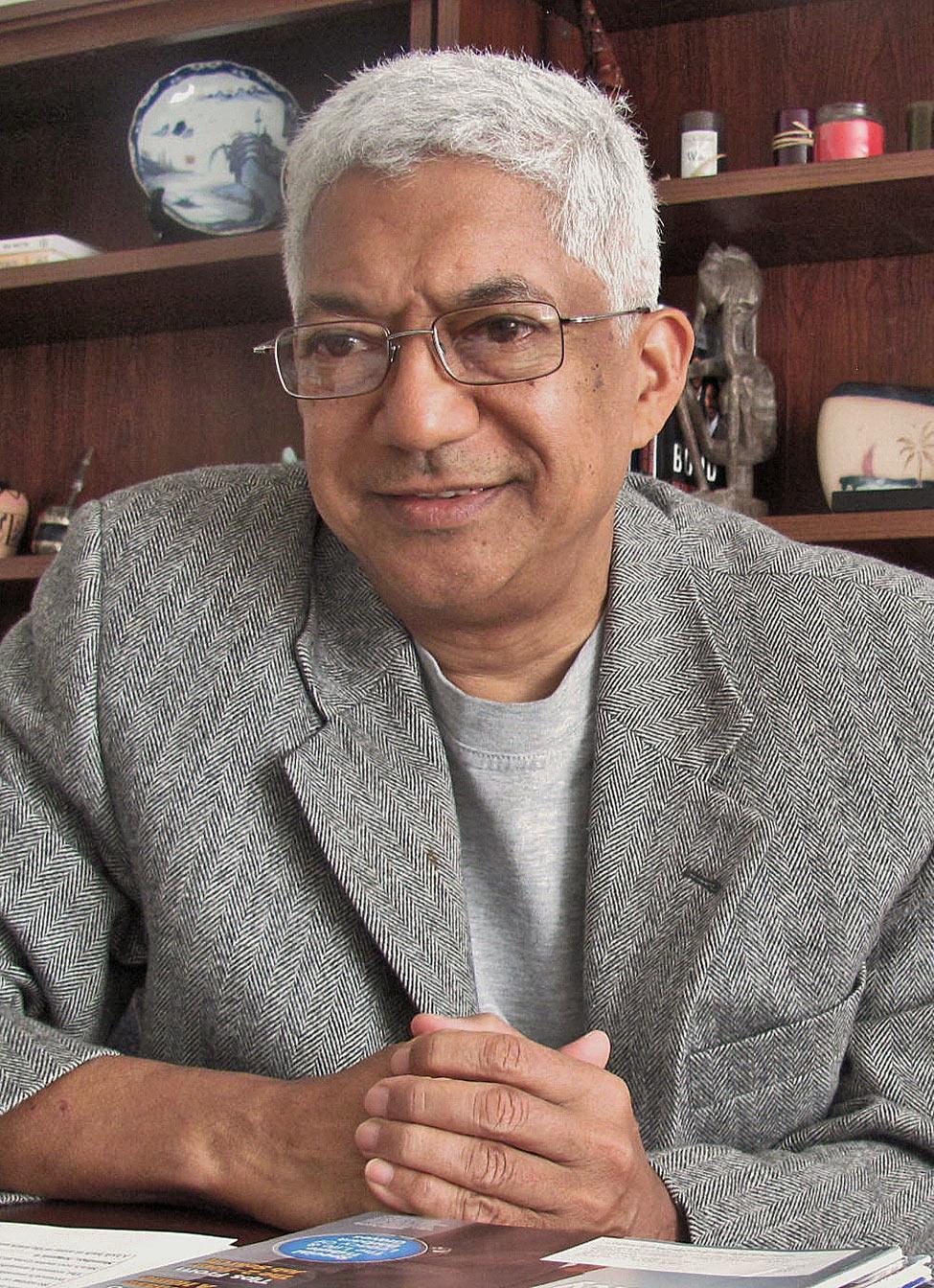
Author-Entrepreneur with a Scientific Mind: Q+A with Glen Laman '73

Glen Laman
Class of 1973
Bachelor of Science in Biology/Pre-professional Track
Glen is a Jamaican-born entrepreneur with an extensive career both in corporate America as an information technology and business project manager and as a founder of many businesses.
How did you get started in your career and what is your focus today?
When I first arrived in the United States in 1969, I took a short course in computer programming, with the intention of working while going to college, but soon realized I needed a degree to get a job in this fast-growing field. By the time I enrolled at Pace, however, I considered going to medical school, and so, I graduated with a degree in biology, and was even accepted into medical school. I had almost forgotten about my passion for computer programming, until I was hired into a training program which allowed me to get my foot in the door and later become a certified project manager and work for several Fortune 500 companies including Coca-Cola, JCPenney and AT&T.
As an entrepreneur, I once owned a restaurant in a mall food court and, later, a distribution business in which I imported frozen coconut water and juices from a farm in Jamaica. I especially enjoyed the latter, as I was able to meet many business owners and hear their stories of how they got started. Today, I am focused on writing and want to illuminate Jamaican culture via stories.
You have authored books, including the well-received Jamaican Entrepreneurship, the first of its kind on this topic, and, most recently, a collection of 15 short stories entitled The Hero of Fern Gully and Other Jamaican Short Stories, with another book of short stories forthcoming. Please tell us more about the inspiration behind both of your books.
My first book, Jamaican Entrepreneurship, was the subject of my doctoral dissertation at the University of Management and Technology, for which I interviewed over 20 very successful Jamaican entrepreneurs as a part of my research as well as discussed Jamaica’s history and socioeconomic challenges. I am quite proud of this book, as I had not previously seen anything that covered the stories of these very successful Jamaicans and the obstacles they overcame on the road to success. I was inspired by them and felt others would be as well.
The Hero of Fern Gully is a book of short stories on 15 ordinary Jamaicans going about their everyday lives that I coauthored with my friend, Basil Kong, during the COVID pandemic, when we were both looking to keep our minds engaged and, as many others, trying to cope with the isolation resulting from the virus. We often traded stories of our childhood growing up in rural Jamaica, and it occurred to us that it would be good to preserve those memories of an earlier and simpler time in Jamaica’s history. Also, everyone is familiar with the island's sea, sand and sun, but you never read of the daily struggles and triumphs.
Going to Pace instilled in me confidence that I could solve problems and exposed me to a much wider world than I had been accustomed to previously.
How has your major in the Bachelor of Science in Biology/Pre-professional Track prepared you for your professional journey, and how has your time as a student influenced you to become the person you are today?
Going to Pace was a great experience. It instilled in me confidence that I could solve problems and exposed me to a much wider world than I had been accustomed to previously. I took difficult courses such as calculus, organic chemistry, physics, and vertebrate anatomy, and did very well in them. In addition, a course taken in logic had been meaningful to me in the running of my businesses.
I also found being a part of the debate team very rewarding. We often traveled to other colleges for competitions, and I recall the topic debated my first year was whether or not the Nixon administration should impose wage and price controls to stem inflation. My exposure to so many diverse experiences both inside and outside of the classroom has shaped my thinking on many things and made me realize that there are usually at least two sides to every issue, and I learned to study both.
What are some of your fondest memories as a Dyson student?
I can still recall some memorable interactions with faculty who were kind and professional individuals whose attitudes remain with me to this day. In one class, our English professor exclaimed, “It’s such a beautiful spring day, let’s have class in the park.” The whole class crossed the street, and we sat under a tree in City Hall Park. Then, there was the time our animal behavior professor traveled to Jamaica and brought back a hermit crab for each student. We were to take the crabs home and teach them to do something which we would, in turn, demonstrate in our biology class.
What advice would you give to our students, as they navigate their college life?
I would encourage everyone to soak up the college experience, as there is so much to learn. Also, try to participate in as many activities as possible, as some of the greatest lessons learned are from outside of the classroom.